
PUMPA - SMART LEARNING
எங்கள் ஆசிரியர்களுடன் 1-ஆன்-1 ஆலோசனை நேரத்தைப் பெறுங்கள். டாப்பர் ஆவதற்கு நாங்கள் பயிற்சி அளிப்போம்
Book Free DemoA market is classified into product market (where goods are transacted) and factor market (refers to the market for the buying and selling of factors of production like land, capital, labour, entrepreneurship). Capital refers to the money or investment needed. These four factors of production you have learned in Term 1 - Production chapter.
An entrepreneur is a person who brings other factors of production in one place.
An entrepreneur is the one who uses the other three factors of production to start a business or production process.
A goods market exists for both durable and perishable goods.
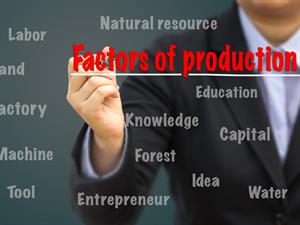
Classification of market :
1. On the Basis of Geographic Location:
- Local Markets: In this type of market, the buyers and sellers are limited to the local region or area. They usually sell perishable goods of daily use.
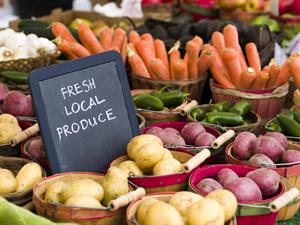
- Regional Markets: These markets cover a wider area than local markets. And, the sale and purchase of articles is localised to state only.
Example:
Tamil books have demand only in Tamil Nadu.
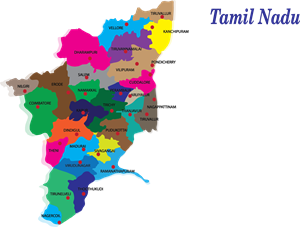
- National Market: In this type of market the demand for the goods is limited to one specific country.
Example:
Hindi books have a national wide demand but not outside India.
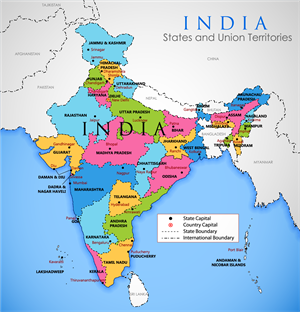

- International Market: If the demand for the product is international, then we call it an international market.
Example:
Goods such as Gold and Diamond have international demand.

II. On the Basis of Time:
- Daily or Very Short Period Market: The supply of goods is fixed and cannot be changed suddenly here. The price of good depends on the demand for the product in this market.
Example:
The market for vegetables, fruits, etc.


- Short Period Market: This market is similar to last one but slightly longer. Here the supply can be slightly adjusted to meet the demand.
Example:
Eggs, fishes, meat, etc.

- Long Period Market: In this type of market, the supply can be easily changed by increasing production. So, the supply can change as per the demand of the market. And the market will determine its equilibrium price in time.
Example:
Textiles, Automobiles, etc.

III. On the Basis of Nature of Transaction:
- Spot Market or cash market: In this market, spot transactions occur, that is the money is paid immediately to buy goods or services.
Example:
Buying of gold and silver.

- Future Market: In this type of market, the transactions that we find are credit transactions. There is a promise to pay the amount sometime in the future.
Example:
Say for example, Varun and Aravind enter the following futures contract: Varun will buy \(1,000\)\(kg\) of coffee from Aravind on Sept. \(1\ \)for \(Rs.10\) per \(kg\). Under this agreement, next Sept. \(1\) Varun will buy \(1,000\)\(kgs\) of coffee beans from Aravind.
IV. On the Basis of Regulation:
- Regulated Market: In this market there is some supervision by appropriate government authorities or bodies to ensure that there are no unfair trade practices in the market.
Example:
The stock market is a highly regulated market by the SEBI.

- Unregulated Market: This is an absolutely free market and there is no regulation. The market forces will decide the demand and supply, including its price.
Example:
Local shops and small scale industries.
V. On the basis of nature of competition:
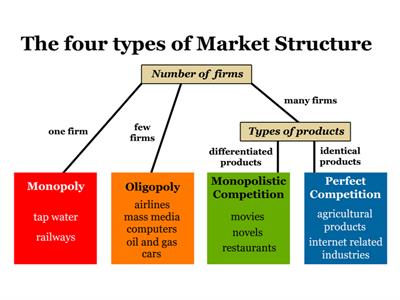
- Monopoly: Monopoly refers to a market in which there is a single producer or seller that has a control on the entire market. Product has no substitute or no close substitute.
Example:
Indian Railways
- Perfect competition: This refers to a market in which participants are high for both buyers and sellers. Products have many substitutes in this type of market.
Example:
Agricultural markets
- Oligopoly: It is a Greek word, Oligoi means few and poly means control. In this type of market, few sellers are dealing either in homogenous or differentiated products. Product has close substitute and intense competition amongst sellers is found.
Example:
Automobile manufacturing (Hyundai, Ford, BMW), Cell phone service providers (Airtel, Jio, Vodafone), etc.